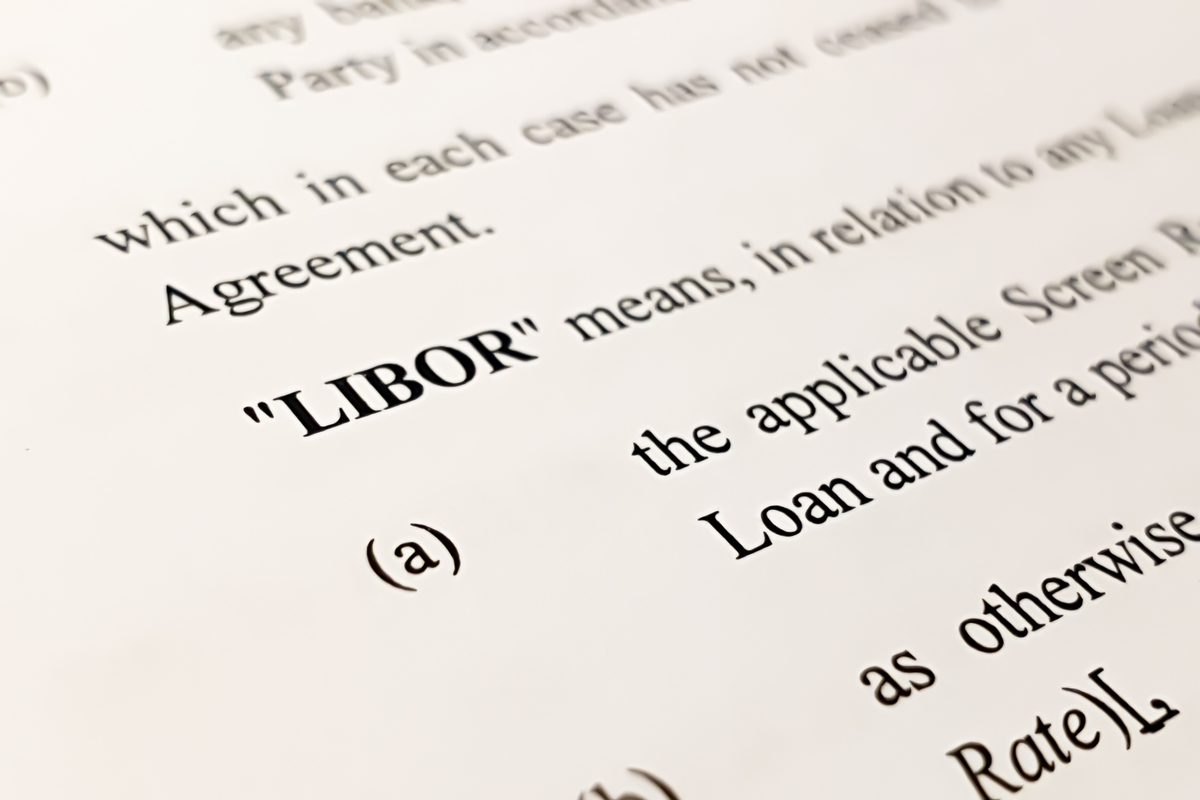Dear visitor,
You're reading 1 of your 3 free news articles this quarter
Register with us for free to get unlimited news, dedicated newsletters, and access to 5 exclusive Premium articles designed to help you stay in the know.
Join the UK's leading credit and lending community in less than 60 seconds.
FCA confirms legacy use of synthetic LIBOR rates
Regulator the Financial Conduct Authority (FCA) has confirmed it will allow the temporary use of “synthetic” sterling and yen LIBOR rates in all legacy LIBOR contracts.

Senior Journalist, covering the Credit Strategy and Turnaround, Restructuring & Insolvency News brands.
This will be for any contract that has not been changed ahead of the end of 2021. These synthetic rates will, however, not be available for use in any new contracts.
It comes after the city watchdog announced its decision on a fair, transparent and appropriate way of calculating a synthetic LIBOR, and approximating what LIBOR might have been in the future.
The method is robust against manipulation and was supported by a large majority of respondents as set out in the FCA’s feedback statement.
LIBOR is currently based on submissions provided by a panel of banks. For most of the time these are based on estimates designed to reflect the interest rate at which banks could borrow money on unsecured terms in wholesale markets.
Many contracts that use LIBOR have already been switched to new risk-free overnight interest rate benchmarks or will do so by the end of 2021.
The FCA has told lenders who are replacing LIBOR with an alternative rate in their contracts, particularly ones that are mortgage-related, to treat their customers fairly. It says they should also communicate with borrowers in good time and ensure they’re able to consider all options in advance of LIBOR becoming unavailable.
In addition to this, while the US dollar LIBOR settings will continue to be calculated by panel bank submission until the end of June 2023, the FCA has confirmed the use of US dollar LIBOR will not be allowed in most new contracts written after 31 December 2021.
Commenting on the news, the FCA’s director of markets and wholesale policy Edwin Schooling Latter, said: “The publications form some of the final building blocks in the transition from LIBOR, a global effort led by the FCA and the Bank of England in conjunction with industry and overseas regulators.
“But work should not stop here. While synthetic LIBOR reduces risk in the transition and provides a bridge to risk-free rates like SONIA, it will not last indefinitely and contracts need to be moved away from LIBOR wherever possible.”
Stay up-to-date with the latest articles from the Credit Strategy team
Get the latest industry news






